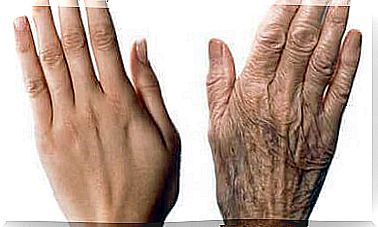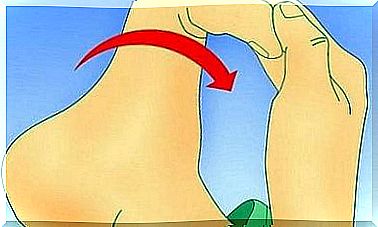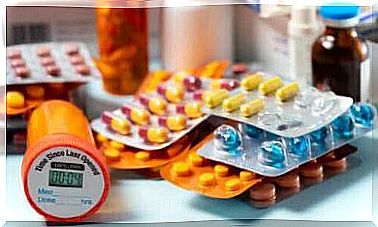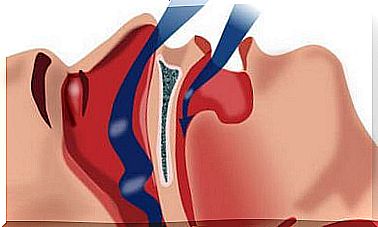Drugs That Affect Driving The Most

Did you know that several commonly used medications affect driving?
In fact, many generic drugs have many potentially dangerous side effects that people are not aware of. Some of these side effects include nausea, vomiting, and abdominal pain. They can also cause fatigue, which has a serious effect on driving or operating heavy equipment.
All available medications can trigger side effects. However, side effects can vary in severity and regularity. Side effects are unwanted and unintended events that patients can expect when starting medication. In this article, we’ll talk about some common medications that can affect driving because of the side effects they cause.
The four drugs that affect driving the most
1. Benzodiazepines

Benzodiazepines are drugs that affect the central nervous system. They can have sedative, anticonvulsant and hypnotic effects. For this reason, they are widely used to treat anxiety, insomnia, and other diseases such as epilepsy or alcohol withdrawal.
They are the most prescribed psychotropic drugs, especially when used in first aid. 15% of patients taking anxiolytics and 1.6% of the total population aged 18-79 years who have been prescribed benzodiazepines for a few days or weeks gradually switch to chronic and virtually endless use of the drug.
Patients who take more than the reported dose may experience calmness, inability to coordinate movements, and hypoventilation, especially if taken with alcohol. They can also cause a decrease in alertness, concentration, and motor function, even at the dosage prescribed by your doctor. Such side effects seriously affect driving.
Benzodiazepines can also cause depression, which is more common in patients who already have this mood disorder.
When a patient takes these medications, he or she may suffer from withdrawal symptoms if he or she suddenly stops using them. This in turn can lead to, among other things, anxiety, irritability, tremor and hallucinations. Some patients on a long-term low-benzodiazepine prescription may experience anxiety and insomnia when stopping the medication. This may be due to a lack of medicine or a recurrence of the symptoms originally treated.
2. First-generation antihistamines: one of the drugs that affect driving
Unlike other antihistamines, first-generation antihistamines can cross the blood-brain barrier. Therefore, they can cause key side effects such as:
- Drowsiness
- Blurred vision
- Visually impaired
- Hallucinations
Because of the potential side effects of all of these medications, experts do not recommend using them when you plan to drive.
However, the effect is different if the patient is taking second-generation antihistamines such as ebastine, loratadine or cetirizine. However, they can cause numerous side effects in the central nervous system, which means that they can also affect your ability to drive, but to a lesser extent.
All in all, it is important to be careful with the use of all anti-allergy medications.
3. Antidepressants

If you are taking antidepressants, you should avoid driving. As with previous cases, antidepressants can cause drowsiness. Studies in patients with depression and insomnia show that using these drugs cures sleep problems. That means they can make it easier to fall asleep.
It is increasingly common for doctors to prescribe low-dose antidepressants to help you fall asleep, thanks to the positive results obtained from them, even if the patient does not suffer from depression. Physicians should therefore always warn patients about the possible side effects and precautions of all medications.
4. Antiepileptics
These drugs also have side effects such as:
- Drowsiness
- Confusion or dizziness
- Memory loss or impaired concentration
In addition to these dangerous effects, epilepsy itself can alter a patient’s motor and cognitive functions.
It is important to be aware of which medications affect driving
It is important to be aware of medications that affect driving because of the excessive drowsiness they cause. Failure to do so can increase the risk of a serious accident. Talk to both your doctor and pharmacist if you have any questions . Never prescribe medication yourself. If you are already taking benzodiazepines or antidepressants, look for alternative ways of moving instead of driving to reduce the risk of an accident.









